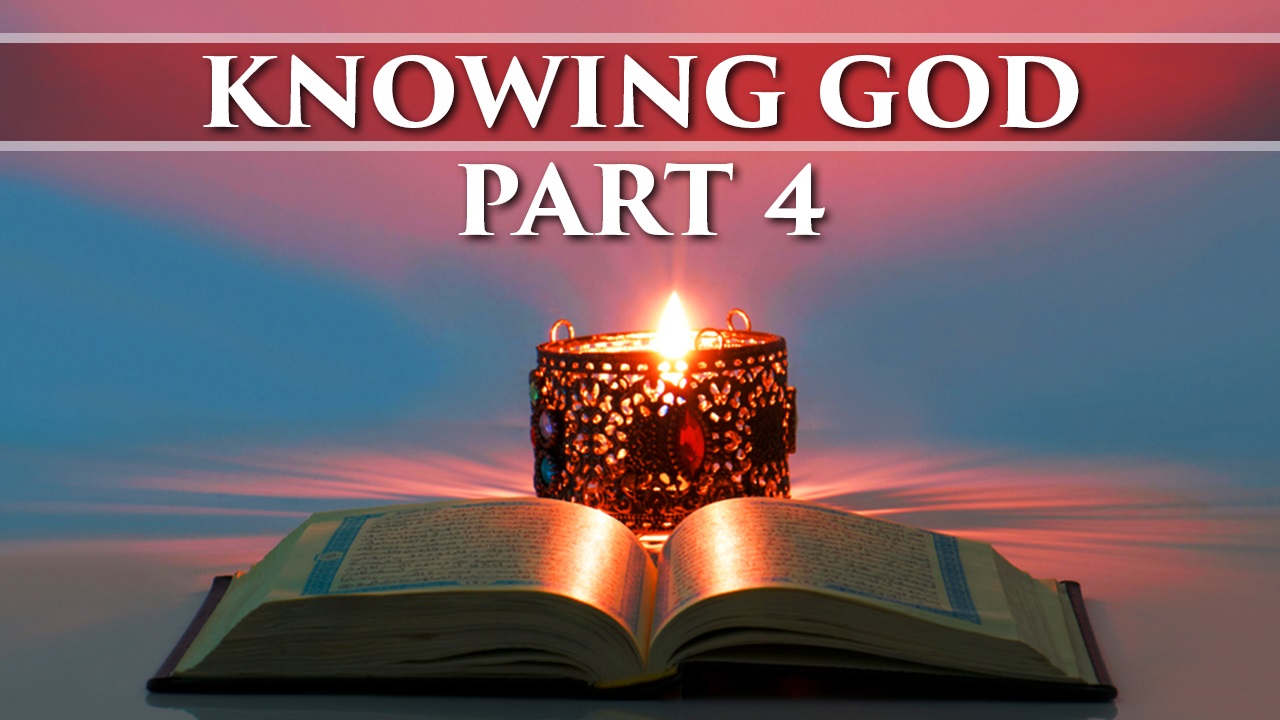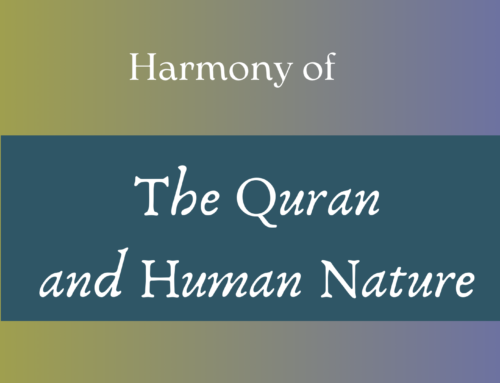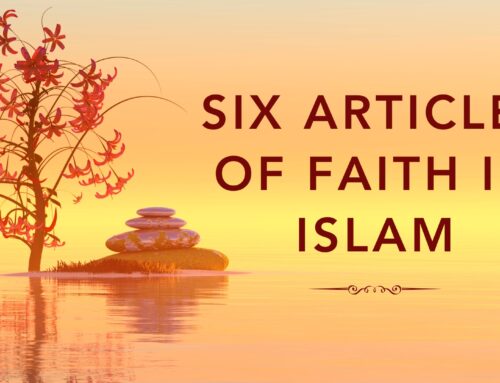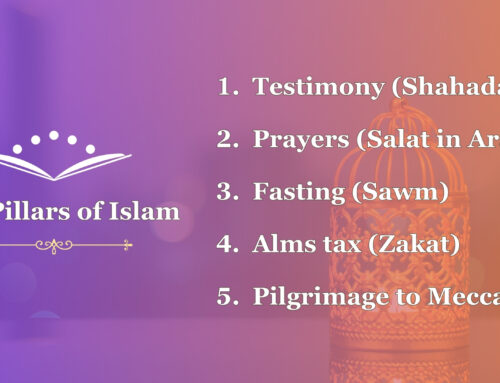Knowing God 4
We will continue our series, “Knowing God”.
In earlier videos, we learned a few fundamental things about knowing God. We will recap some of the important points here.
The most fundamental rule about Allah/God mentioned in the Quran is that “There is nothing like Him” – (42:11) meaning there is nothing in this world which we humans have known or seen that resembles Him. Therefore, we should not try to imagine or visualize Allah with our limited knowledge and vision; rather we should learn from authentic sources the attributes of Allah that’s why we are learning from the Quran. We also learned that all of us are born with an innate nature to believe in God, so it is important to pay attention to our inner calls.
Today we will discuss a small chapter from the Qur’an, it is called Sura e Ikhlas. Its name is often translated as “the chapter of Pure Sincerity”. This chapter is very short, but nonetheless very profound. This chapter emphasizes that Allah is One and only One; there is no one like Him who shares His attributes and power.
The chapter has four verses. They are:
Say, “He is Allah, [who is] One.
Allah, the Eternal Refuge.
He neither begets nor is (He) begotten.
Nor is there to Him any equivalent.”
Let us consider the attributes of Allah as described in each verse separately.
- Say, “He is Allah, [who is] (Ahad) One and only,
Allah is Ahad, meaning, a single one, an individual by Himself, that has no second. He is a unique, singular and sole entity. Further, Ahad means there is nothing that is comparable to Him; He has no competitor, no opposite, no affiliate, associate, or second. Allah is The Creator, rest of us are His creations.
The Oneness of Allah is the central doctrine of Islam. It is known in Arabic as Tauhid.
2. Second verse is Allah is As Samad.
Samad means Eternal Refuge.
Samad also means someone who does not need anyone, no one can overpower him, no one can out-do him, who has no blemish, nor any faults.
As Samad is also the one to whom every creation turns to for every need and Who does not need anyone. He fulfills all His creatures’ needs and He is sufficient for himself.
3. He neither begets nor is begotten.
He did not give birth to anyone, nor was He given birth by anyone. This statement is extremely important.
Allah negates being a child of someone or Himself having a child, means that the existence and power of Allah are His own, and He does not require anyone for His support. Not having children is considered a shortcoming for human beings – but it is a glory to Allah.
4. Last verse says “nor is there to Him any equivalent.”
The Arabic word used here for equivalent is “Kuffu” which means spouse, counterpart or someone equally good (compatible), or on par with you, in skills, intelligence, power, status, ranking and so on. There is no one equivalent or remotely similar to Allah.
Summary:
Allah is a single One, He has no associate or second, He is the Eternal Refuge for all of us; all of us need Him, while He does not need anyone. He did not give birth to anyone, nor was He given birth by anyone. There is nothing remotely equal or similar to Allah in all His attributes.
The existence, power and knowledge of Allah are His own. Everything else acquires existence from Him. Everyone requires Him and He is sufficient for everyone, but He does not need anyone. Whatever little power or knowledge possessed by anyone or anything is acquired from Him.
qfh











